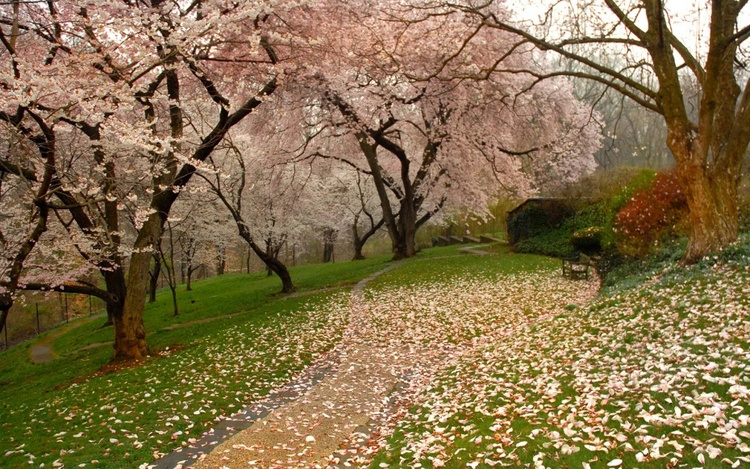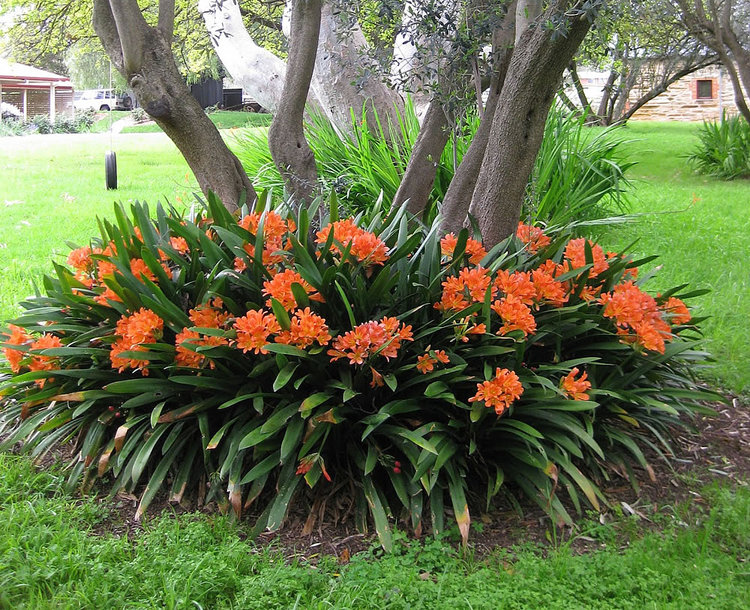
The Sunday Mail

Andrew Mangwarara
EVERY year at the end of winter, tonnes of leaves fall to the ground as new ones come in to replace the old. It may seem that the end has come for them, with some even making borne fires with these leaves, causing a great nuisance to their neighbours with the smoke. They will be burning what I would prefer to call the gardener’s gold.
These yellow leaves do really resemble real gold in that they are laden with nutrients, which at one time were in the soil and now have to decompose and release their value back to mother earth.
A plant’s leaves are just what the doctor ordered for your garden.
By simply collecting these, one can surely make a valuable compost. It is the best way nature has to replenish its reserves.
It is sad when we fail to understand this concept.
Although leaves can be untidy, if you collect them they can be useful in making a compost.
To make a compost, choose a site that is under a shade. This allows the decomposing organisms to thrive well without the compost drying in full sun exposure.
If you use your leaves to make composts, you will make huge savings in the coming months as you will not need to buy a lot of fertilisers to restore the soil’s fertility. And the leaves are for free.
If you have plenty of leaves falling on your lawn, do not despair, just take your lawn mower and mow your lawn as usual.
You will at the same time shred the leaves into small bits that will soon decompose into your lawn, replenishing the nutrient reserves.
To get the best from your leaves, try to shred them when they are still fresh.
Collect this shredded mass by using your mower with a collector on since raking leaves can be a hectic task. Use the shredded stuff to make a compost that will decompose quite fast.
Shredded leaves allow moisture to permeate into the soil as compared to whole leaves which can form an impenetrable layer. Unshredded leaves also take longer to decompose.
Use your collected leaves as a mulch in various plantings of your garden. Covering the soil in the vegetable garden and flower beds helps trap moisture in your garden.
In this season of dryness, you need to keep the moisture in your garden. A thick layer of leaves does not only keep retain moisture, it also impedes the germination of weeds.
Mulch increases the microbial activity of your soil, thereby making your soil more fertile. Micro-organisms help make available the otherwise trapped soil nutrients for your plants’ benefit.
However, remember that not all plant leaves are good for your soil. Some tree leaves tend to be too acidic, especially the eucalyptus and pine leaves.
Take pH readings after using a leaf compost. With practice, you will be able to distinguish those that are too acidic from those that are not. lt is also possible to correct pH by using lime or using a mixed compost.
Replenish your garden wisely.
Feedback: [email protected]



